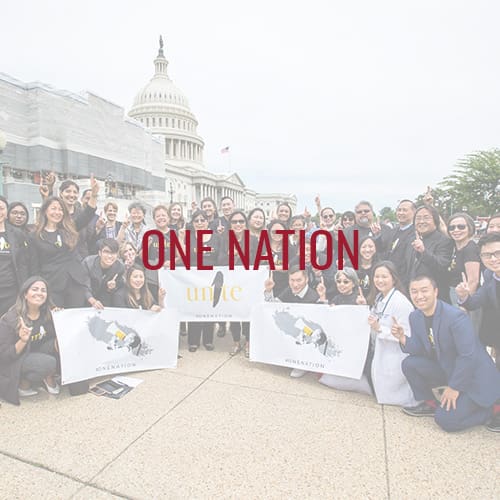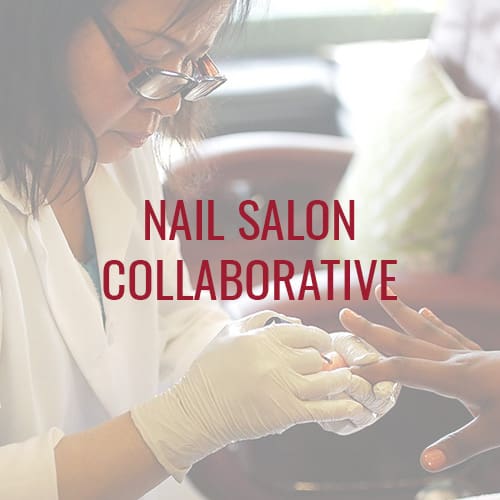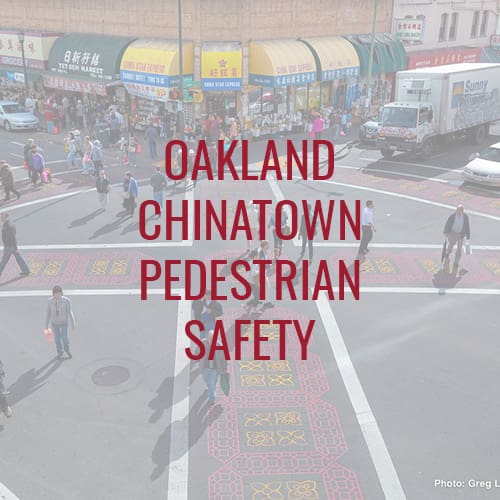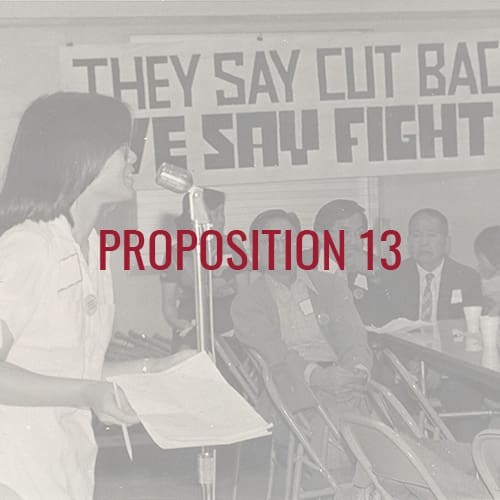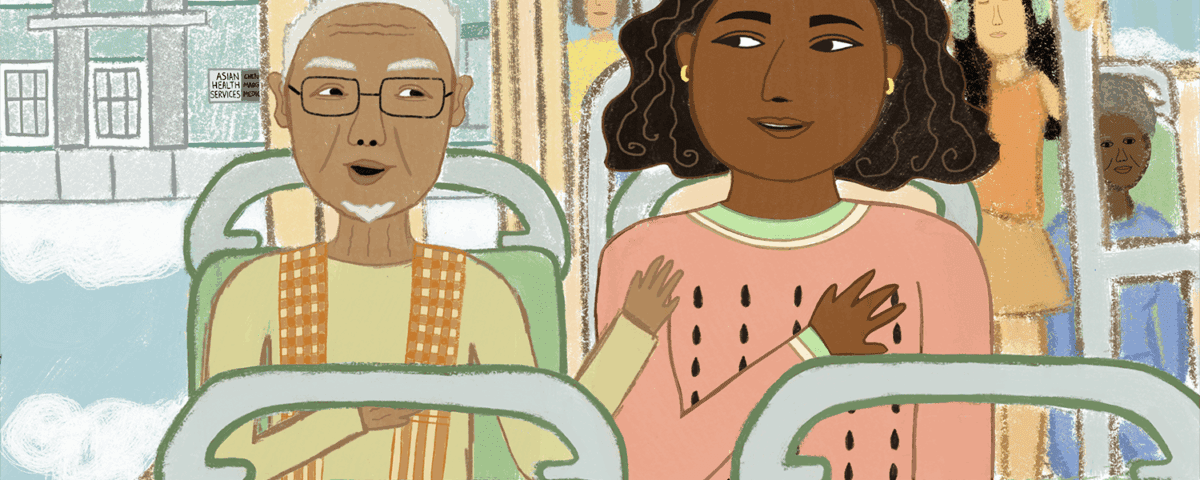
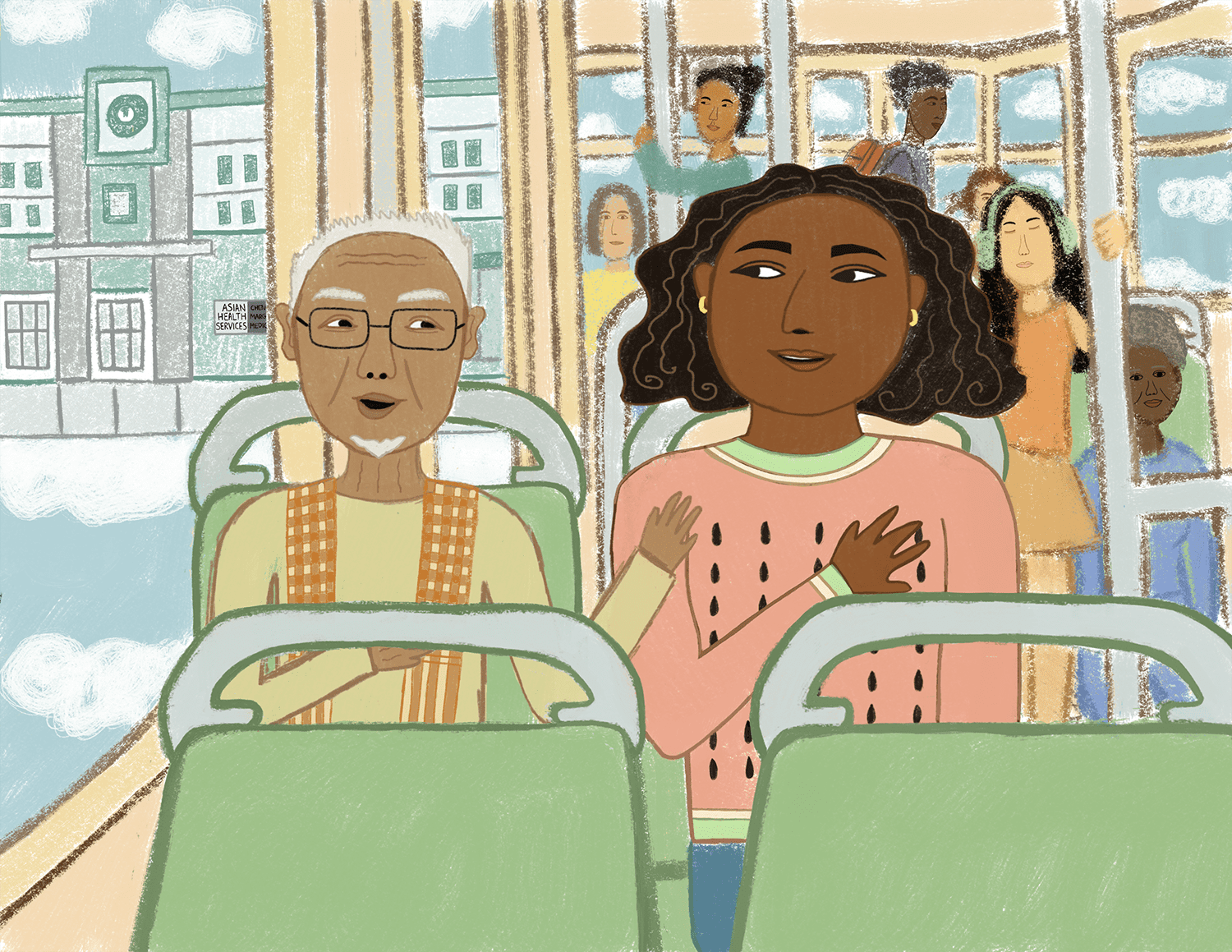
Measyorn
When MeasYorn began a new life in the United States, he carried with him the lasting scars of war and upheaval from his homeland, Cambodia. Now, he enjoys a peaceful life in Alameda, often riding the bus to shop in Oakland Chinatown and access in-language care at AHS, his “second home.”
ROOTS & BEGINNINGS
Interviewer: Can you introduce yourself including your name, age, and where did you grow up?
MeasYorn: My name is MeasYorn Pen, 73 years old, grew up in Cambodia.
Interviewer: What are your favorite memories of growing up in your home region?
MeasYorn: There was peaceful when I grew up in my hometown and working hard at the farm, helped my family; however, the Cambodia was collapsed on 17th April 1975 and took over by communist regime. I have so many painful experiences during the communist regime from 1975 to 1979.
Interviewer: What was your experience coming to America?
MeasYorn: I came to US.. My daughter sponsored me to come to USA on November 12, 2005. I went to adult school and attending ESL glass for short time and got a job through employment agency. I had very difficult learning English, cultural adjustment, transportation problems from home to work. I took public transportation to work with no English; however, I picked up some English through my work experience, learning by doing. I was working with some physical problems, high blood pressure, high cholesterol, diabetic and other physical problems.
Interviewer: What experiences made you feel either at home or not welcome?
MeasYorn: It’s big different from my homeland country, Cambodia. Since I have learned that the US government has provided some social services supports, health care and public assistant benefit to the people who has low income like me, especially health care benefit with Asian Health Services’ staff made me feel comfortable with language and cultural accessible. I want to appreciate to [Patient Navigator] Letida who navigated me for treatment and educated me about medical benefits.
MeasYorn: I feel Asian Health Services is like my second home, especially, when I walk across Oakland Chinatown next to the buildings of Asian Health Services.
COMMUNITY
Interviewer: Where’s a neighborhood or place around you where you feel community?
MeasYorn: There is good neighborhood around me and I’m able to take a walk for exercise with safety environment. I like my current apartment because good neighborhood and convenience public transportation from home to Oakland Chinatown. It’s a small community, less crowded, and safe environment.
Interviewer: What does this place make you feel like?
MeasYorn: Quiet neighborhood and I feel safe.
Interviewer: What do you like about Oakland and Oakland Chinatown?
MeasYorn: Seeing Asian People, Asian food and public transportation from my home to Oakland Chinatown. I feel like one stop shopping where I can do shopping when I go to see my doctor for health care at the same time.
AHS + HEALTH
Interviewer: What does having good health mean to you?
MeasYorn: That mean I have good life and lucky. So that I can do some possible thing for my daily activities.
Interviewer: How did you discover Asian Health Services?
MeasYorn: I want to appreciate Asian Health Organization helps me to feel confident as Asian in America, especially, health education and other case management services.
Interviewer: How did Asian Health Services help support you and your family?
MeasYorn: Cambodian Interpretation, health education and Case Management Services. My wife also received mental health counseling and treatment supports through Asian Health Services.
Interviewer: How did having health care and support services in Cambodian in America make you feel?
MeasYorn: Some time I feel happy by my-self and self-appreciation and thought I’m lucky to have Cambodian Interpretation. I receive good support from Asian Health Services, appointment reminder, health care navigation.
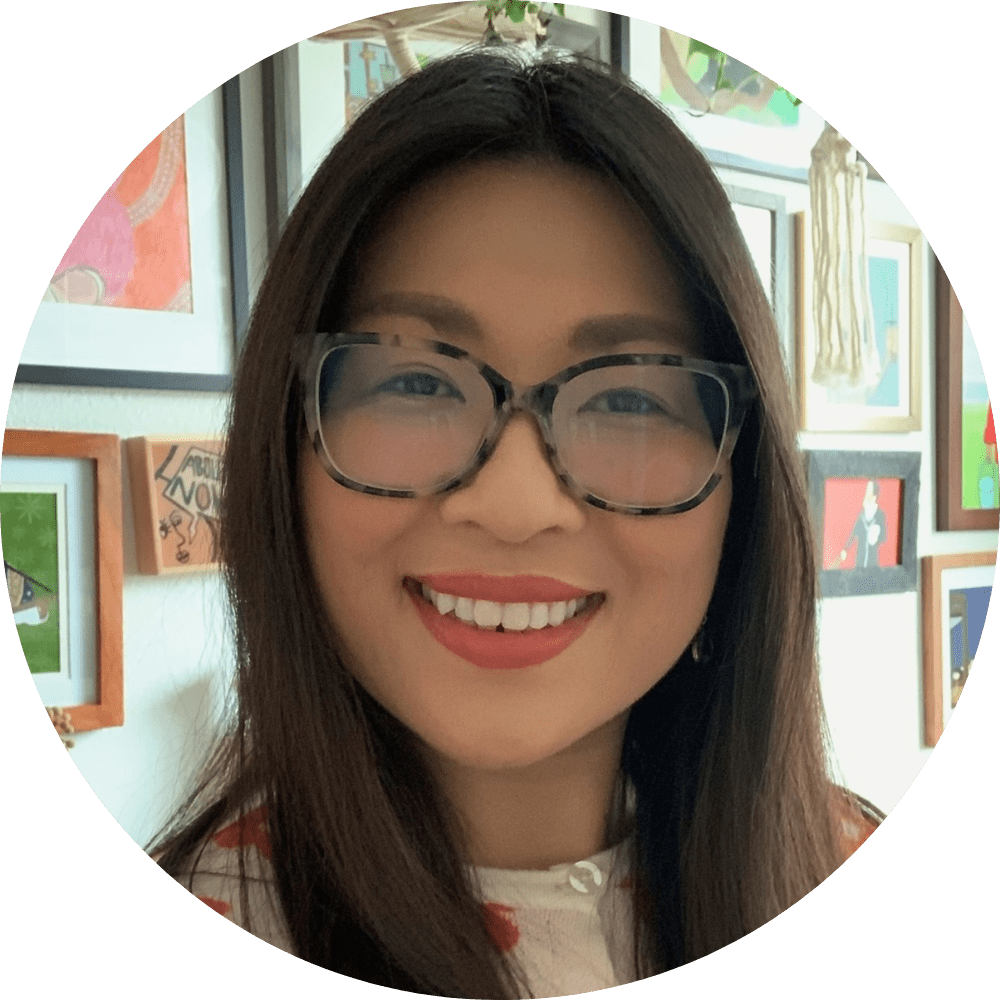
Learkana Chong is a Khmer and diasporic Asian digital illustrator.

